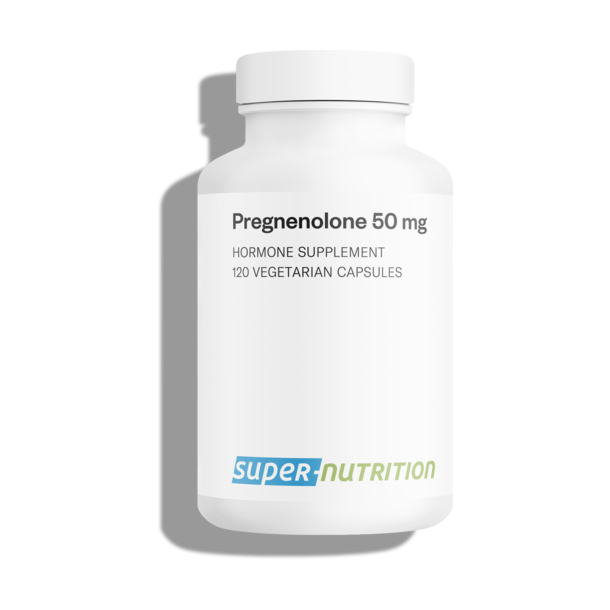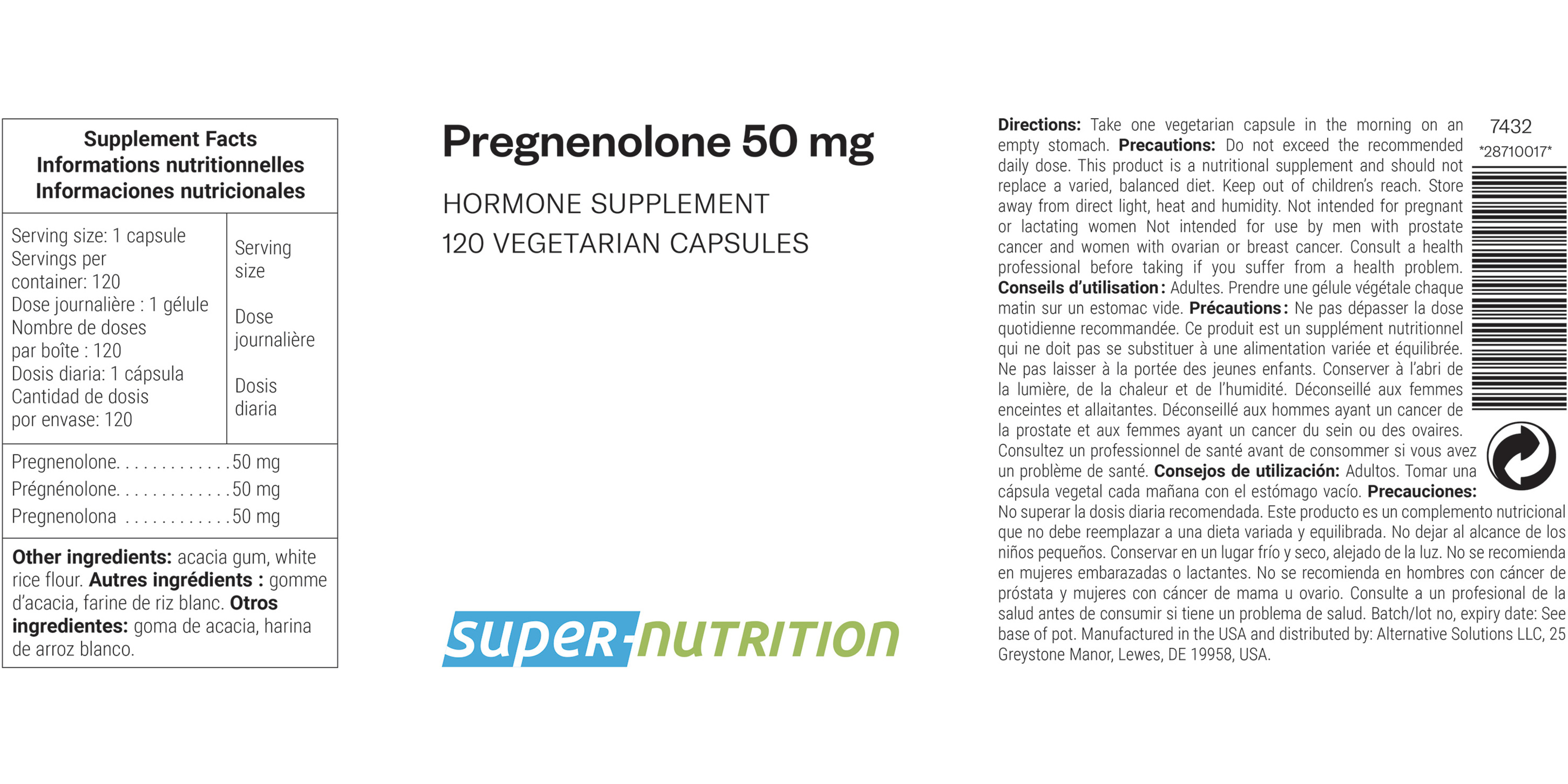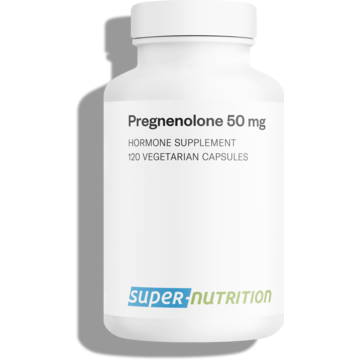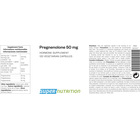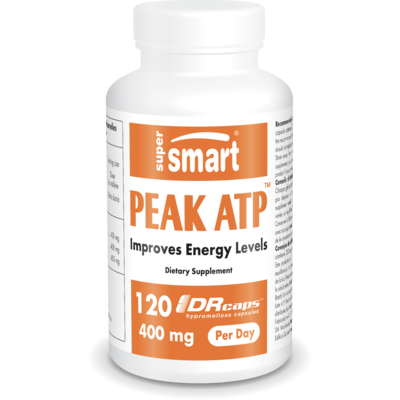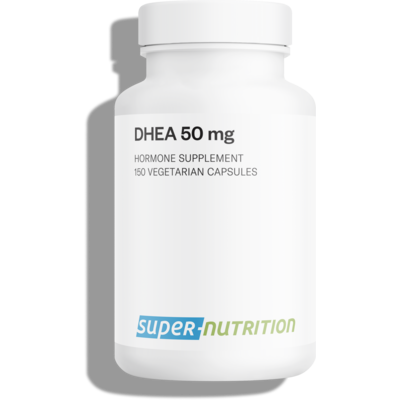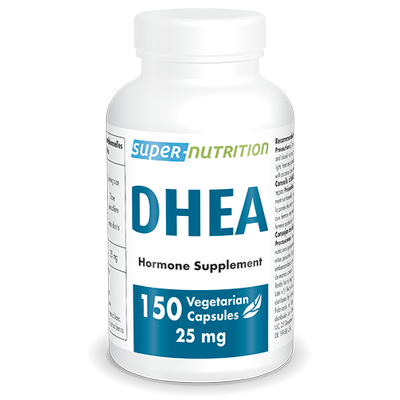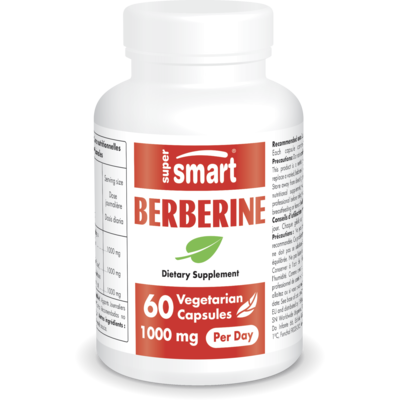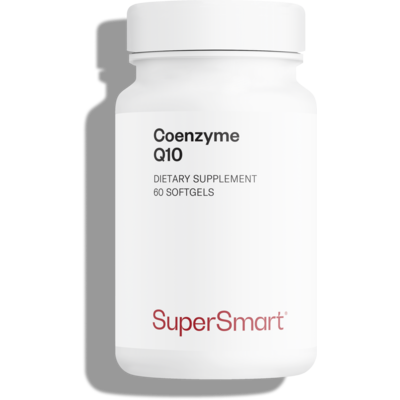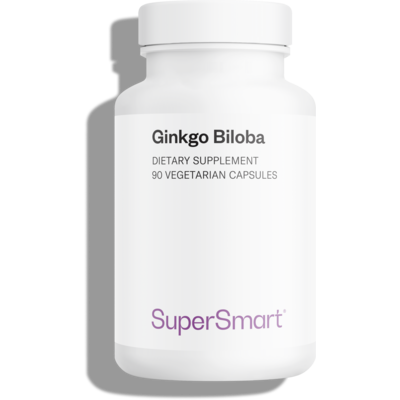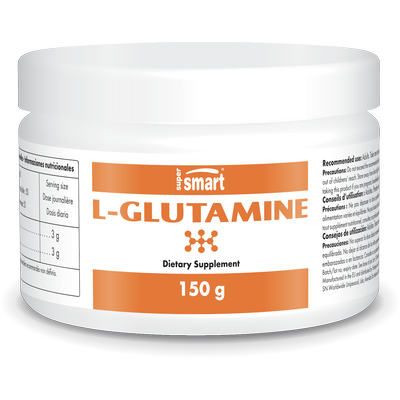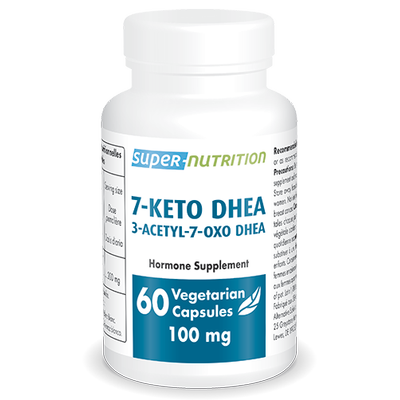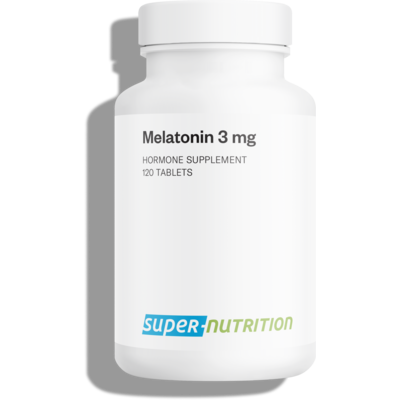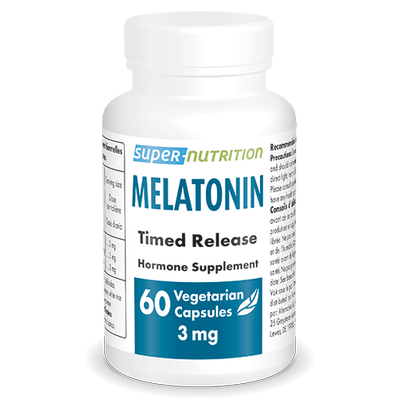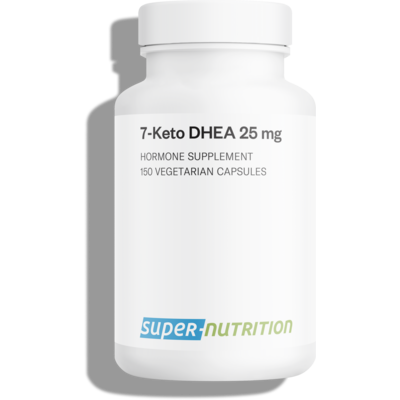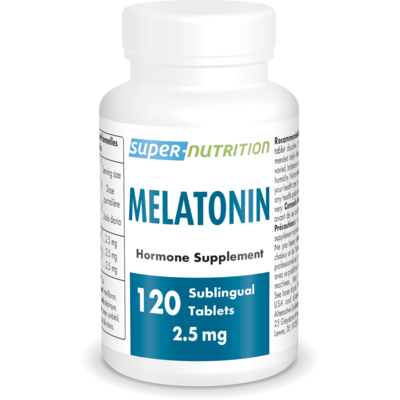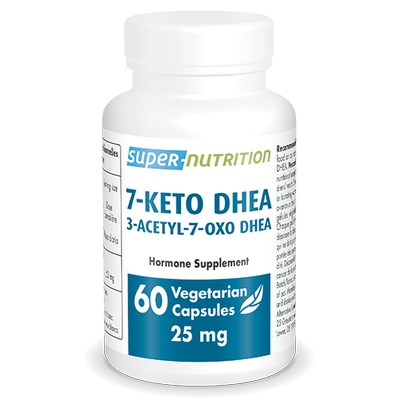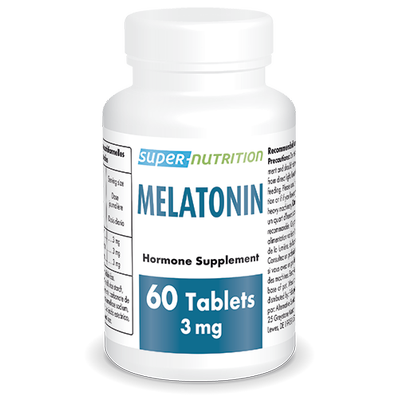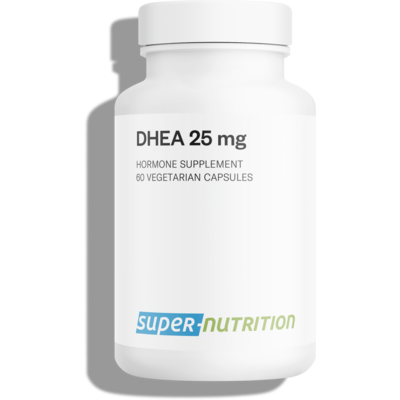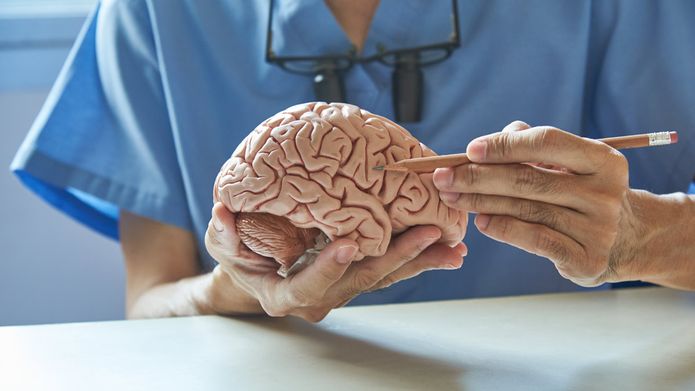Create Your Offer
Pregnenolone is a natural hormone with a pivotal function on memory, mood, stress reduction, rheumatoid arthritis and interacts with other natural hormone supplementation.
How does Pregnenolone Work?
DHEA has often been called "the mother hormone." So, it would be appropriate to say that Pregnenolone is "the mother of DHEA" and the "grandmother" of the other steroid hormones. When you take Pregnenolone, your organism converts a part of it into DHEA, which is then used to make male and female sexual hormones. Another part of Pregnenolone is used to make more progesterone, cortisol, and aldosterone. The part which is not metabolized also carries out important specific functions.
It is in memory enhancement that Pregnenolone supplementation shows the most interesting results; it is in the brain that the level of Pregnenolone is naturally the highest. Several studies show a significant improvement in learning abilities and memory enhancement, as well as all psychomotor performances, following Pregnenolone supplementation. An animal study (Flood J. F., Morley J. E., Roberts E.: Memory enhancing effects in male mice of Pregnenolone and steroids metabolically derived from it: Proceedings of the National Academy of Science, 1992; 89: 1567 - 1571) realized at the Veterans Medical Center in St. Louis (Missouri) concluded, "Pregnenolone is the most powerful substance ever tested for memory enhancement."
WARNINGS
Do not exceed the recommended daily dose. This product is a nutritional supplement and should not be used as a substitute for a varied and balanced diet or a healthy lifestyle.
STORAGE
Store in a cool, dry place away from direct sunlight, heat, and humidity. Keep out of reach of children.
PREGNANCY AND MEDICAL CONDITIONS
If you are pregnant, breastfeeding, or have any medical conditions, consult your healthcare provider before using this product.
SUPPLEMENT INTERACTIONS
Consult your healthcare provider before use, especially if you are taking any medications or other supplements as there may be potential interactions.
Need Help?
Phone
+1 (786) 522-3907
From 9 am to 6 pm (EST)
You May Also Like

